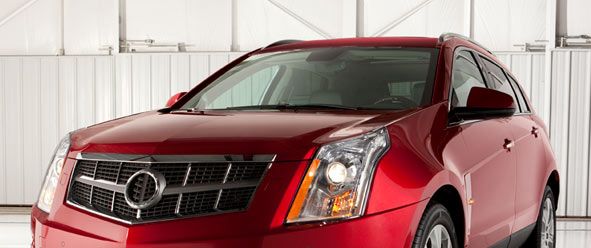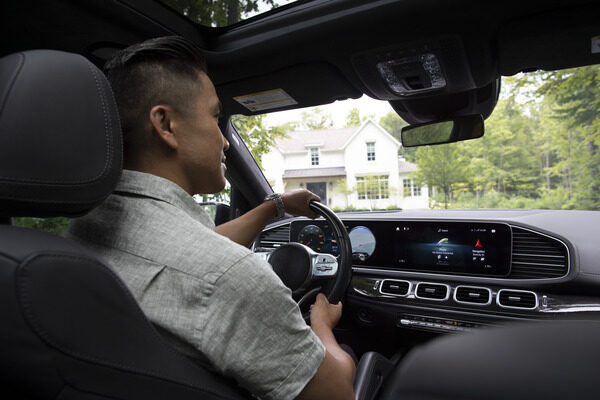

Find out which factors you can control to keep your cost down.
Although many factors—like the color of your car—don’t weigh into the cost of your auto insurance, others do. Some of these are beyond your control. Many of them reflect actions or decisions, though, so you can control your costs. Here are four you should know about.
- Age or driving experience. Younger drivers and those who have less experience are more likely to have auto accidents, so they typically pay more for insurance. However, Nationwide’s Family Plan allows you to pass on some discounts to teen drivers on your policy, saving you up to 25 percent compared to other insurance companies. To learn more about Family Plan, talk to your agent.
- Make and model of your vehicle. As a general rule, more expensive vehicles cost more to insure. The model type can also affect rates. For example, a sports car costs more than a typical four-door family vehicle. This relates to the cost of vehicle repair and any included safety features. Also, older vehicles usually cost less to insure than newer ones.
- Driving and claims history. Safe drivers—who carefully avoid accidents and obey traffic and speed laws—earn lower rates than drivers who cause accidents or rack up tickets. An extensive history of insurance claims can also lead to an increase in cost, so pay attention to the road and avoid distractions anytime you’re behind the wheel. If you have a safe driving history and want to make sure you keep lower rates in case of an accident, talk to your agent about Accident Forgiveness from Nationwide.
- Geographic location. Drivers in cities normally pay higher insurance rates than those in suburban or rural areas, due to higher rates of theft, vandalism and accidents. No matter where you live, though, a more expensive car will usually cost more to insure than a less expensive car would.
Check Your Credit Once a year, you can get your credit report for free from each of the three reporting agencies. Just go to AnnualCreditReport.com and follow the instructions.



